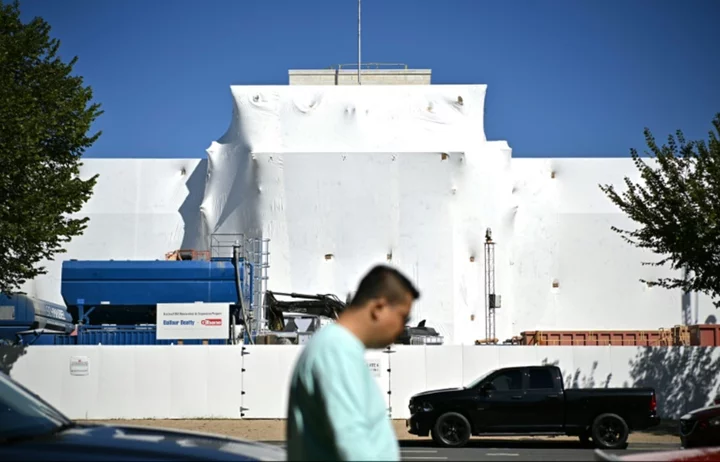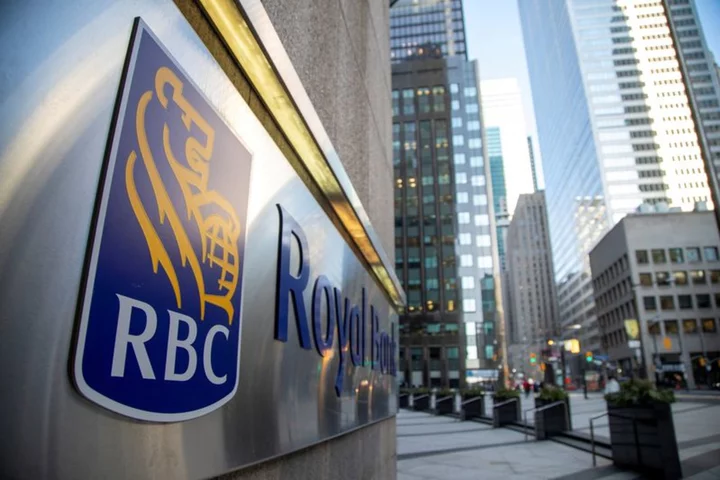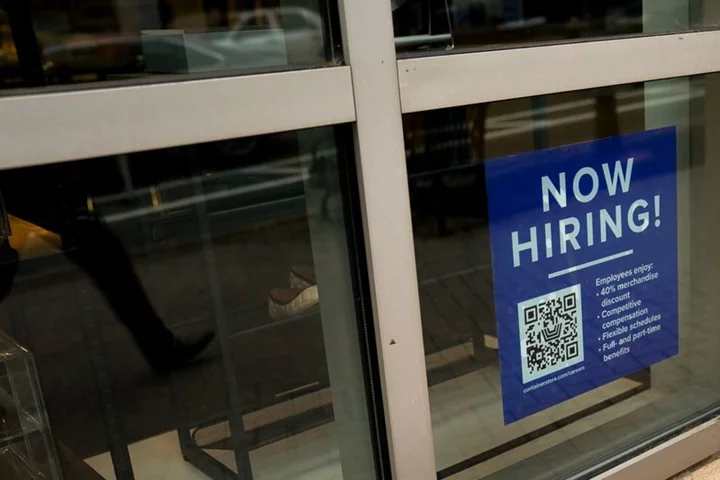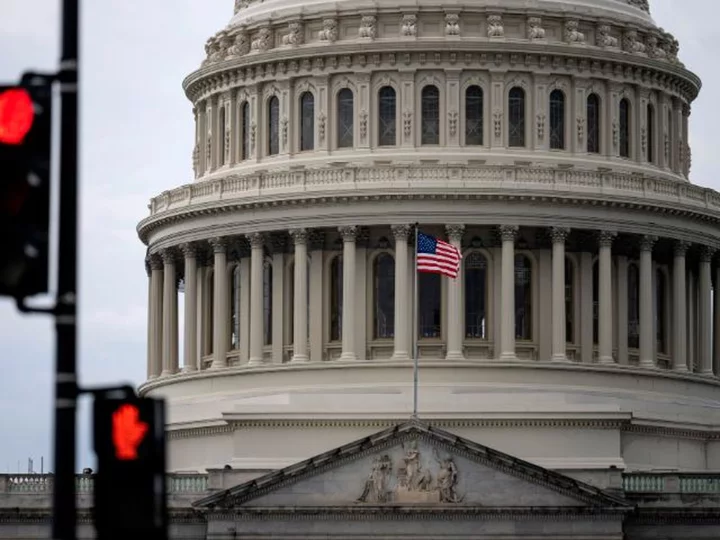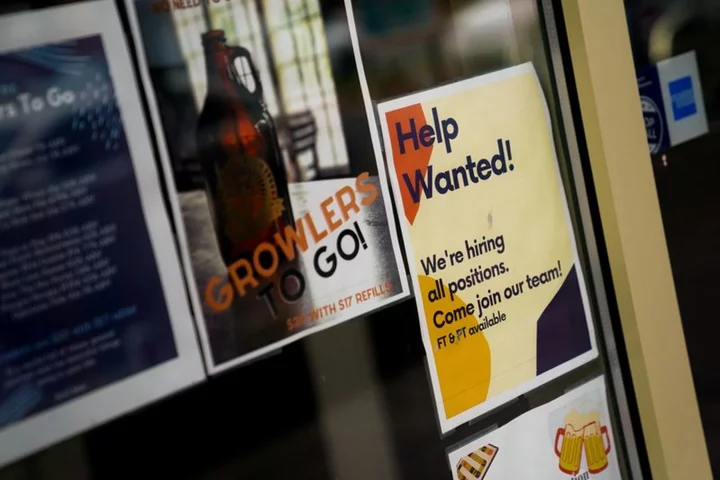Blackstone Inc. is exploring more acquisitions in Japanese real estate, after selling about $4.5 billion worth in the past year to capitalize on high international interest in property in the island nation.
The world’s largest alternative-asset manager is working on more acquisitions with several bids out and properties like hotels and data centers in the pipeline, according to Blackstone’s head of Japan real estate Daisuke Kitta. That comes after it spent most of last year shedding assets, including about $1.3 billion in properties sold to investors like GIC Pte and Gaw Capital Partners, according to Cushman & Wakefield Plc.
“Our pipeline has increased since the spring,” Kitta said in an interview in Tokyo. “Our acquisitions team is finally getting back to business.”
Real estate investments in Japan have been rosy compared to other countries, where rising borrowing costs have squeezed financing and workers have shunned offices. Rock-bottom interest rates make Japan one of the few developed markets where income from real estate assets still exceeds the cost of borrowing, attracting foreign investors.
Blackstone has used that interest to turn over many of its assets — Japan has been one of its most active markets in Asia-Pacific in terms of buying and selling. One impetus for the move to resume acquisitions was the indication that the US Federal Reserve will slow rate hikes — which impacts strategy globally, Kitta said.
The $1 trillion asset manager, which also has a private equity business and recently began private credit operations in Japan, closed on a $30 billion global real estate fund in April. It also has $8.2 billion in committed capital for a third Asia real estate fund, according to its latest earnings statement. Based on past allocations, that means it may deploy at least $2 billion in Japan over the next five years, according to Bloomberg calculations.
A recent wave of pressure on corporate governance in Japan also means many companies are shedding non-core property assets — a rich source of acquisitions, according to Kitta. Blackstone has made bids, including for real estate businesses via its private equity arm, in deals that could be as high as $1 billion, he said.
Japan exited coronavirus restrictions later than many other countries, meaning recovery-related growth still has room to expand, Kitta said. The robust rebound in tourism has been one particular bright spot.
“Hotels probably are our top of the list,” Kitta said. Although foreign tourism numbers are not fully recovered in Japan, “if you look at the revenue per available room, it’s all exceeding 2019 levels.”
Read how Chinese travelers are set to boost Japan tourism
After spending about $7.5 billion buying commercial assets during much of the pandemic, Blackstone began selling in mid-2022. Despite the timing — the yen has fallen more than 7% against the dollar since the end of May 2022 — Kitta said the $4.5 billion in disposals has made Blackstone money in US currency terms.
The company isn’t finished selling. It has courted interest from both small local funds and large institutional investors for its Japan assets, and could sell off another $1 billion worth in the next one to two years, Kitta said. “In this type of market, it’s very important to have the power to sell,” he said.
Japan was the most active commercial property investment market in Asia in the first half of 2023, with $16.3 billion in deal volume, according to MSCI Real Assets. Since 2019, foreign funds and institutional investors have become net buyers of Japanese property, while domestic real estate trusts have become net sellers, according to Cushman & Wakefield.
One big question mark over the outlook centers on the actions of the Bank of Japan, which has loosened the yield curve control strategy that’s forced interest rates to stay below zero. Any rise in rates could impact bank financing and freeze the market, Kitta said. Blackstone’s Japan real estate deals are structured on average with 70% to 75% debt.
“We’re staying disciplined,” he said about taking on debt. “Just because you can borrow as much as you want doesn’t mean we do that.”
(Updates with comment in the last paragraph)


